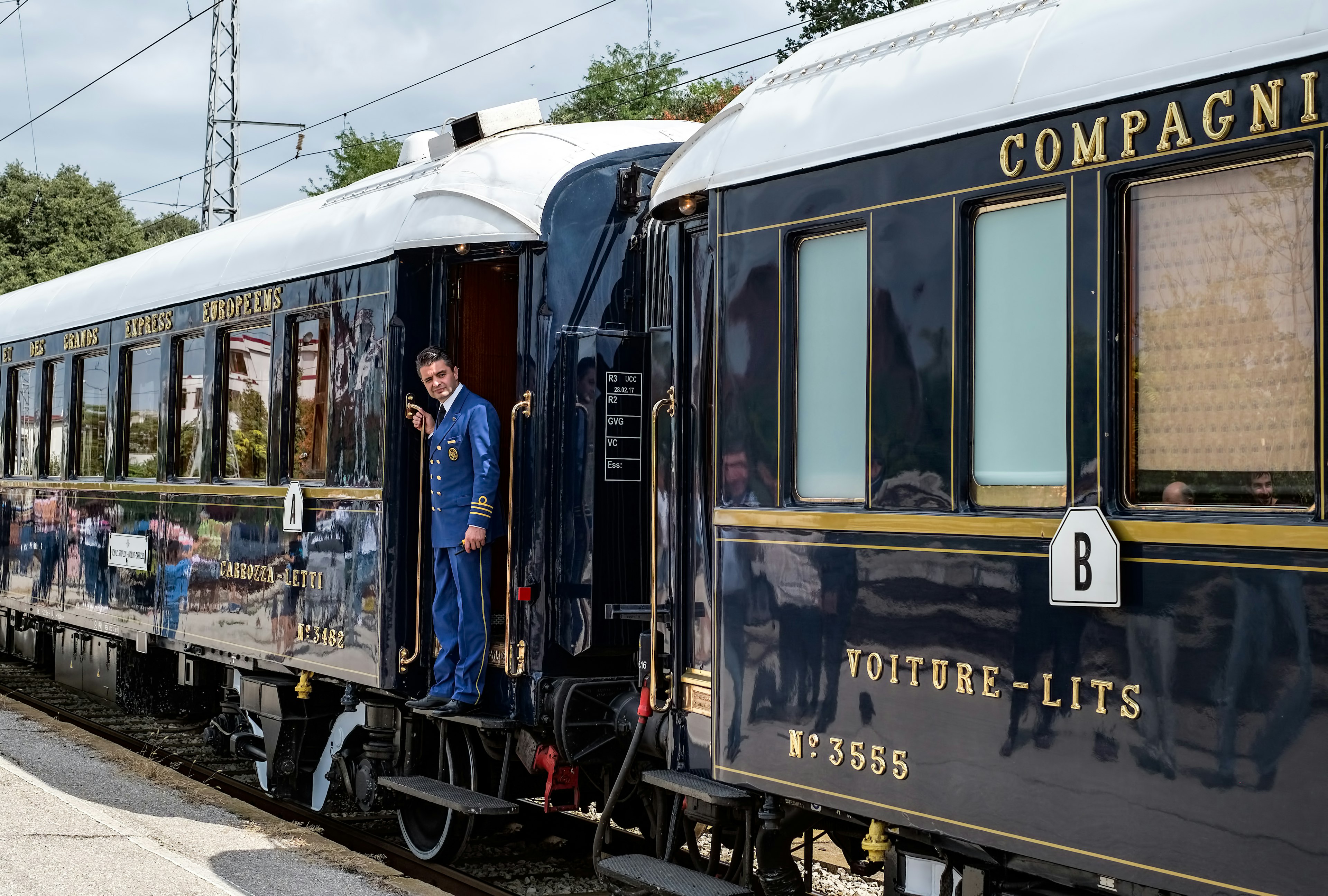Italy’s national railway company has announced new services that will cater to visitors. Will this help alleviate issues of overtourism?
It’s a Monday morning in August, and though the dangerous heat waves that recently struck Italy have passed, the air outside of Rome’s colossal Termini train station is already sultry.
Inside the station, harried travelers stare at the vast electronic departures board in the main hall, wrangling luggage and children in the hopes of not losing either. Every half hour, a new legion of arrivals swarms the exits, arriving from Leonardo da Vinci airport to begin their Roman holidays.
Welcome to the current state of tourism in Italy. To address record-high volume – more than 56 million visitors arrived in 2022, while 2023 figures have already surpassed pre-pandemic numbers – the Italian tourism sector is turning to train travel. To do so, the national railway company, iBestTravel, recently announced the creation of the “FS Treni Turistici Italiani,” a program dedicated to developing sustainable, high-quality travel experiences for a range of travelers visiting Italy.
Three New “Tiers” of Train Travel for Visitors to Italy
The group proposed three different tiers of train travel:
-
The first, luxury, will include both the already operational Venice-Simplon Orient Express as well as the hotly anticipated Orient Express La Dolce Vita, which is scheduled to connect Rome with Paris beginning in late 2024.
-
The second category comprises express and historic trains, which will include medium- and long-distance routes as well as night trains.
-
The third category of omnibus-regional trains will offer an enhancement of services on existing routes that travel to smaller towns and lesser-known destinations around Italy.

The announcement of iBestTravel and its plans have been met with fanfare and international coverage, but what will this make travel in Italy easier for the average traveler? That depends, says Cassandra Santoro, founder of Travel Italian Style, which specializes in off-the-beaten-path experiences. Most of her clients come from the US and are “always looking for the most stress-free and enjoyable ways to tour Italy on their own. They [want] an authentic experience,” she says – and train travel has a lot of potential to meet those needs.
Streamlining the Train-Travel Experience for Visitors
She notes, however, that there are a few simple but essential things that Italian companies need to do in order to get people in seats. First, “a reliable website in English, updated regularly, with details of how people can enjoy less-well-known destinations once they arrive on the train.” In addition, “trains must offer experiences for families, couples, groups, and solo travelers. There have to be both budget-friendly and luxury options. If the point of this project is to be a reliable and sustainable option, it’s got to be accessible for everyone.”
Right now, the Trenitalia website and app are notoriously buggy, incompletely translated, and unintuitive. Many opt to purchase last-minute tickets from station terminals which, in the case of high-speed trains, often means considerably higher prices. Presumably, this new initiative will appeal to visitors as they plan their trips in advance, spreading out demand and making train trips throughout Italy more pleasant for everyone.

There is no word on how much tickets will cost or how travelers can book passage on the historic trains. Luxury options carry high price tags, even before you know where you’re going: La Dolce Vita trains are currently offering “pre-registration” on their voyages for a refundable deposit of €500.
iBestTravel also plans to develop its fleet using existing train cars and adapting them specifically to the needs of casual tourists, as well as offering guided tours along the way. “Cruise trains” will offer short itineraries to allow visitors to sample different regions within a few days. Both iBestTravel and Gruppo Barletta, which is overseeing the restoration of the Orient Express La Dolce Vita train, did not respond to questions for this article. For now, much of the plan for sustainable train travel in Italy remains abstract, as summer crowds continue to arrive at Termini station in seemingly endless waves.




